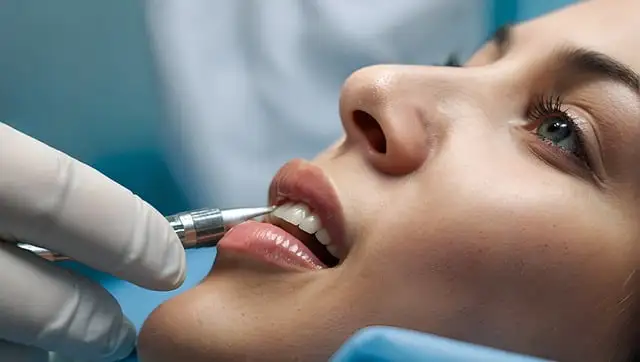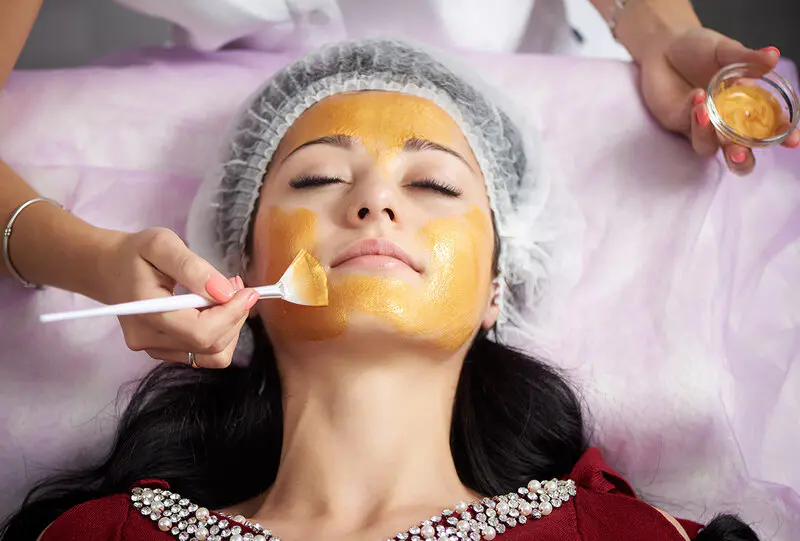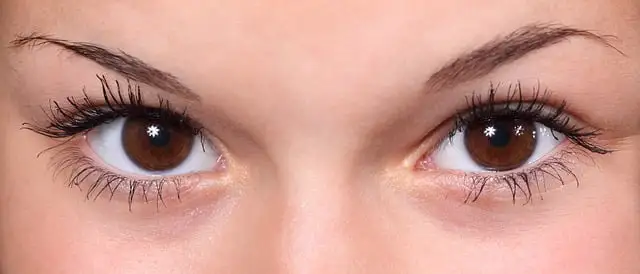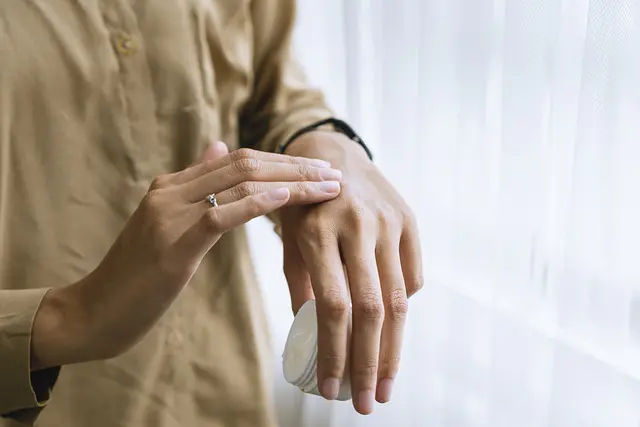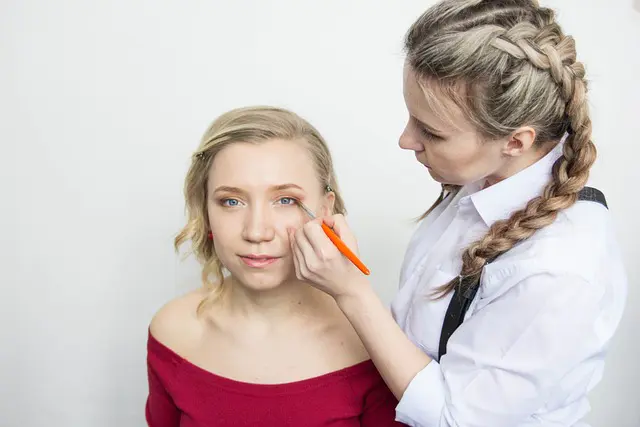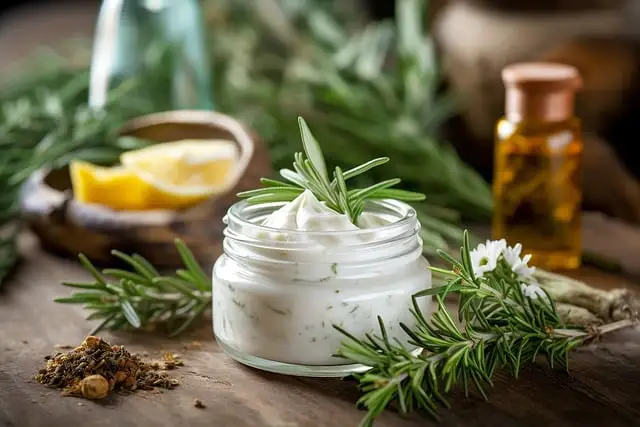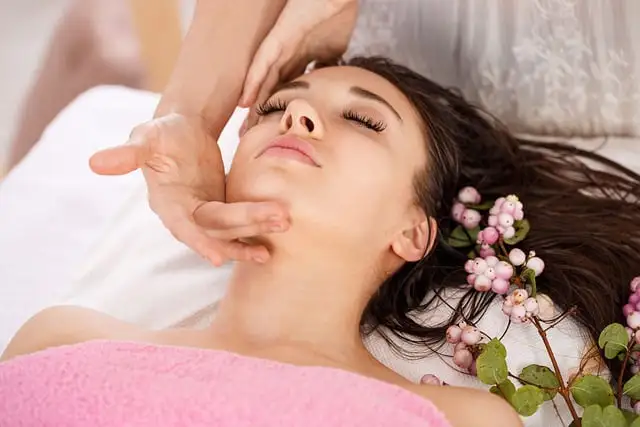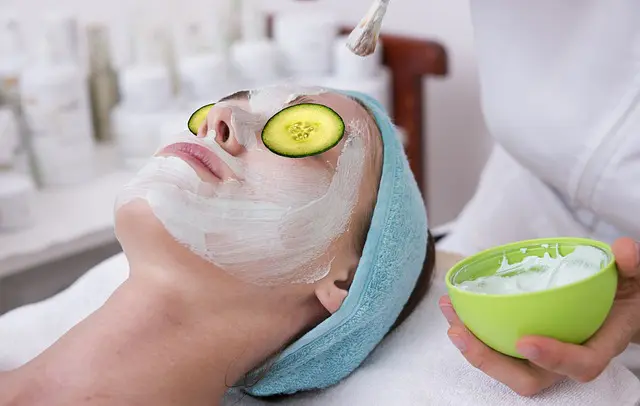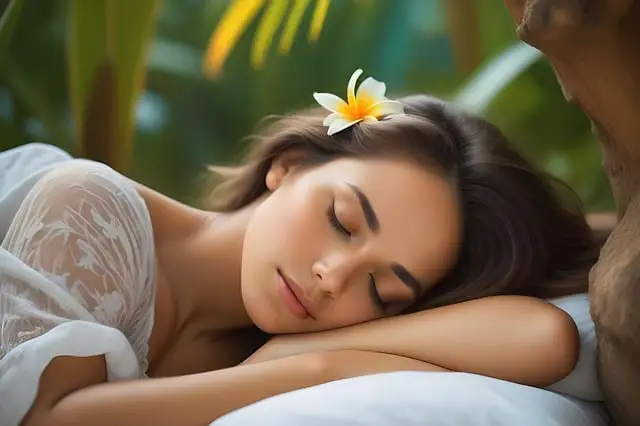The cosmetics sector is poised for a monumental shift. With the advent of the 21st century, our perception of beauty is expanding. It encompasses not just physical attractiveness but also encompasses holistic health, ethical practices, and choices that resonate with our principles. The forthcoming era of beauty promises to be more diverse, creative, and profound, with technological innovation and environmental consciousness at the forefront.
In this article, I will delve into the emerging trends and concepts that are redefining the future of beauty. We will examine the role of technology, the significance of sustainability, and the increasing focus on self-care and psychological well-being. Whether you are a veteran in the beauty realm or just beginning your journey with skincare and cosmetics, this is your comprehensive guide to the latest trends in the beauty industry.
The Technological Revolution: Technology's Role in Beauty
Technology is revolutionizing every facet of our lives, including the cosmetics industry. From AI-driven skincare to virtual makeup trials, the fusion of beauty and technology is unveiling novel opportunities.
1. Customized Skincare Solutions
A pivotal development in beauty technology is the emergence of customized skincare. Companies are leveraging AI and machine learning to assess your skin and craft bespoke products that cater to your unique needs. By taking into account variables such as your skin type, specific issues, and even environmental factors, these solutions offer a degree of customization that was once inconceivable.
Case Study: Firms like Proven and Atolla utilize algorithms to craft personalized serums and moisturizers, ensuring that each product is perfectly tailored to your skin.
2. Virtual Makeup Trials and Augmented Reality
We no longer need to guess whether a lipstick shade will complement our skin tone or if a foundation will blend seamlessly. Augmented reality (AR) allows us to virtually test makeup before making a purchase. Platforms such as YouCam Makeup and ModiFace enable you to experiment with various styles in real-time, simplifying the process of discovering products that are right for you.
Advice: Utilize digital makeup applications to venture beyond your comfort zone and try out bold colors or trends you might not have otherwise considered.
3. Portable Beauty Gadgets
From LED face masks to microcurrent devices, portable beauty tools are bringing professional treatments into your home. These devices harness state-of-the-art technology to address specific skin concerns, such as acne, fine lines, and dullness. While they may require an initial outlay, they can be a cost-effective method for maintaining skin health over time.
Case Study: The Foreo Luna facial cleansing brush employs sonic vibrations for deep cleansing, while the NuFACE microcurrent device aids in toning and lifting facial muscles.
Sustainable Beauty: Embracing Green Initiatives
As consumers become increasingly environmentally conscious, the beauty industry is responding by adopting sustainable practices. From eco-friendly packaging to clean product formulations, sustainability is evolving from a niche market to an essential requirement.
1. The Clean Beauty Movement
The clean beauty movement advocates for the use of safe, non-toxic ingredients that benefit both your skin and the environment. This involves steering clear of harmful chemicals such as parabens, sulfates, and synthetic fragrances in favor of natural, organic, and ethically sourced alternatives.
Advice: Look for certifications like USDA Organic, EWG Verified, or Leaping Bunny to confirm that a product adheres to clean beauty standards.
2. Zero-Waste Packaging
The beauty industry has faced criticism for its extensive use of plastic packaging. In response, numerous brands are now embracing zero-waste practices, such as utilizing recyclable, biodegradable, or refillable packaging options.
Case Study: Lush offers "naked" products like shampoo bars and solid conditioners without any packaging, while brands like Kjaer Weis and Fenty Beauty provide refillable compacts for their makeup products.
3. Waterless Beauty Formulations
Considering that water is a precious resource and the beauty industry is one of its largest consumers, waterless beauty products, which are formulated without water, are not only more potent and effective but also more sustainable.
Case Study: Brands such as Pin

